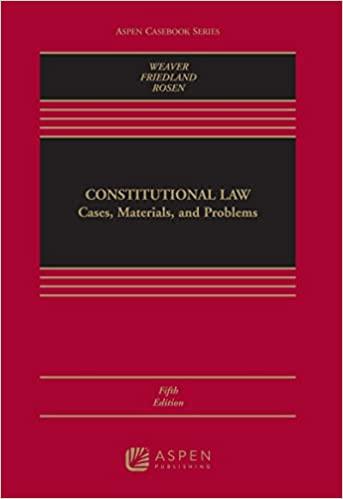Answered step by step
Verified Expert Solution
Question
1 Approved Answer
Write true if the statement is accurate. If the statement is false , cite the reason/s . Dation in payment involves non-alienation of property but
Write true if the statement is accurate. If the statement is false , cite the reason/s .
- Dation in payment involves non-alienation of property but just transfer of possession over the property by the debtor in favor of the creditor in satisfaction of a debt in money.
- Dation in payment is exactly the same with payment by cession.
- Dation in payment involves plurality of creditors.
- In payment by cession, there is no plurality of creditors.
- Payment by cession does not contemplate a situation where the debtor is indebted to several creditors and not under state of insolvency.
- Dation in payment extinguishes the obligation to the extent of the value of the thing delivered , either as agreed upon by the parties or as may be proved, unless the parties by agreement - express or implied , or by their silence - consider the thing as equivalent to the obligation, in which case the obligation is totally extinguished.
- In Dation in payment, it does not necessarily mean total extinguishment of the obligation. The obligation is totally extinguished only when the parties by agreement , express or implied , or by their silence, consider the thing as equivalent of the obligation.
- Payment by cession contemplates of a situation where the debtor is indebted to several creditors but he is under a state of insolvency, or that the debtor is generally unable to pay his liabilities as they fall due in the ordinary course of business or has liabilities that are greater than his assets.
- The creditor 's unjust refusal to accept payment does not produce the effect of payment that will extinguish the debtor's obligation.
- A refusal to accept payment without just cause is not equivalent to payment; to have the effect of payment and the consequent extinguishment of the obligation to pay, considering that the law requires the companion acts of tender of payment and consignation.
- Sending a letter by the vendee expressing the intention to pay without the accompanying payment is considered a valid tender of payment.
- Consignation is not an available remedy for an unjust refusal to accept payment by the obligee,
- In instances where no debt is due and owing, consignation is proper.
- When the payment was accepted by the creditor , there is still need for consignation.
- In an obligation to deliver a generic thing, the loss or destruction of anything of the same kind extinguishes the obligation.
- In order for the obligation to be extinguished by reason of loss of the determinate thing, what is essential is that the loss be without the fault of the debtor.TRUE
- To be exempt from liability by reason of fortuitous event, it is also essential that the debtor must be free from any participation in or aggravation of the injury to the creditor.TRUE
- Remission is an act of liberality by which the creditor, who receives no price or equivalent thereof, releases the debtor from the obligation, either in whole or part, upon the latter's consent.TRUE
- Remission oof debt is essentially gratuitous.TRUE
- The remission of debt can be done either by way of an act inter vivos or an act mortis causa.TRUE
- The remission of the principal debt does not result in the extinguishment of the accessory obligation/s.
- Merger which takes place in the person of the principal debtor or creditor does not benefit the guarantors.
- Confusion which takes place in the person of the guarantors extinguishes the obligation.
- Any merger involving the persons of the guarantor and the principal creditor will result in the extinguishment of the accessory obligation and the principal obligation.
- Compensation, be it legal or conventional, does not require confluence in the parties the characteristics of mutual debtors and creditors.
- Unlike other modes of extinction of obligations, novation is a juridical act with a dual function - it extinguishes an obligation and create a new one in lieu of the old.TRUE
- Subrogation is another form of extinctive subjective novation which takes place when there is a change in the person of the creditor.TRUE
- Conventional subrogation is that which takes place by agreement of the parties.TRUE
Step by Step Solution
There are 3 Steps involved in it
Step: 1

Get Instant Access to Expert-Tailored Solutions
See step-by-step solutions with expert insights and AI powered tools for academic success
Step: 2

Step: 3

Ace Your Homework with AI
Get the answers you need in no time with our AI-driven, step-by-step assistance
Get Started


